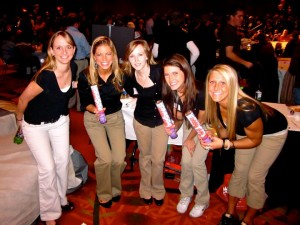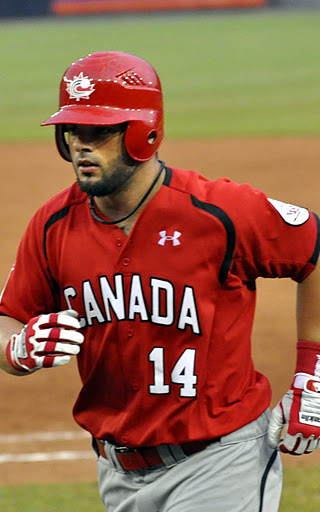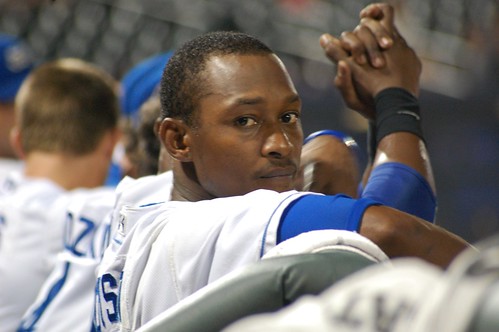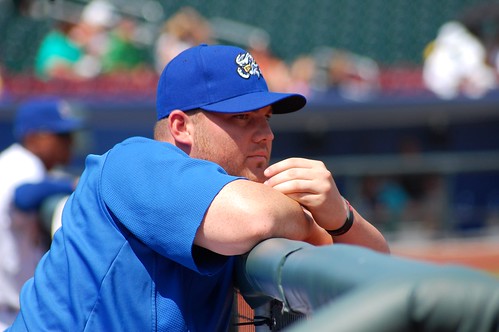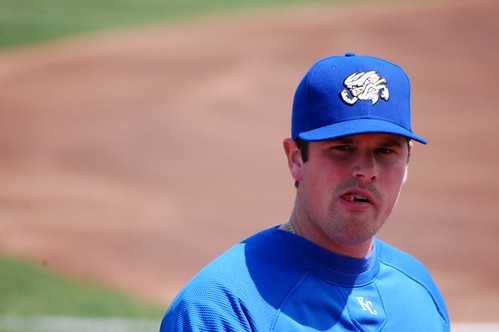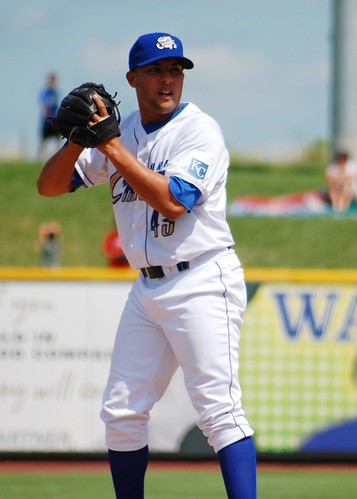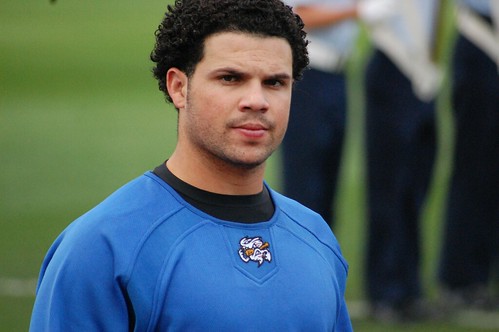Joe Posnanski is in Happy Valley, and has been for a few months. He is there to write a book about Joe Paterno. Penn State football, as you have probably heard, is in the news for reasons other than their upcoming matchup against Nebraska.
The Jerry Sandusky story is disgusting in innumerable ways. But as I catch up on news from the weekend, I see that Joe Paterno knew about at least one of Sandusky’s victims. He could have called the police, and he didn’t.
For more about that particular angle, I liked Drew Magary’s post. Read the whole thing if you can, but if not, this is good:
I think the reason Paterno went to his AD and didn’t go to the cops is because it provided him with the chance to have it both ways. This way, he was able to “report” it, without having to be the person who takes the significantly braver step of actually calling the police. Problem solved. Conscience cleared.
The extent of Paterno’s guilt-by-association is an angle that can – and should – be explored much more as weeks progress. People have already started talking about how this means the end of Paterno’s coaching career.
But the angle that keeps needling at me is, what will Posnanski do? He’s up in Happy Valley, writing a book about JoePa. So what should he do about this storyline, which was obviously not part of his pitch to the publisher?
A few possibilities:
– Do nothing. Posnanski could write the book as planned, which is probably some kind of glowing biography of Paterno. After all, his career has amounted to much more than the (VERY) bad actions of one of his coaches. This would be a disappointing course of action.
– Write the book as planned, but with an addendum: This could be tricky, because it would literally marginalize the suffering of Sandusky’s victims. What would be the best way to write honestly about Paterno’s role* in the coverup without letting it dominate whatever good things are written about him in the main part of the book? Is there any adequate way to do that?
*Yes, knowing about abuse and failing to report it is a role. A big one.
– Weave this story into the book. This would be an even trickier option, because odds are good that the story will still be unfolding in many ways when the book’s publication date nears. However, it will end up being the most honest way forward, given that it seems likely that Paterno will have to resign after this. The thing that ends an extraordinarily long career is a part of the story you can’t leave out.
– Scrap the book. Unlikely, and also kind of cowardly. A good writer does not run from a story when it turns out differently than anticipated. And Posnanski is not merely a “good” writer. But he is nice, and does not often write hurtful things about other people, even when you could argue that he ought to. And, this is not what this book was supposed to be.
I don’t know. I have tried hard to not ascribe too much personal greatness to my “heroes” of various professions, whether that be in writing, sports, or anything else. Expecting people to be great humans generally leads to bitter disappointments, like the time I was 14 and my favorite pitcher rudely refused to sign an autograph for me. People are people, and as such, they often suck. EXCEPT…Posnanski is not just my favorite writer. He’s the reason I write about sports, he was my boss for a while, he put my name in a NYT best seller, and he once took my parents and me out for a two-hour lunch when a five-minute meetup would have sufficed (I had to drop off some book-related research). He once took the time to calm my nerves via text when I was panicking over a reporting assignment for which my life had not prepared me at all.* I can look up to Poz as a person because I know him to be a good one.
*I was sent to cover a tennis tournament. Tennis!
The last assignment I ever had to write in college – EVER – was to pick a writer of any genre, and write something of his genre in his voice. It took me a nanosecond to choose Poz. Posnanski is a great writer. And I’m pretty sure he’s a good person. What he does with this book will say a lot more about the latter than it does the former.

